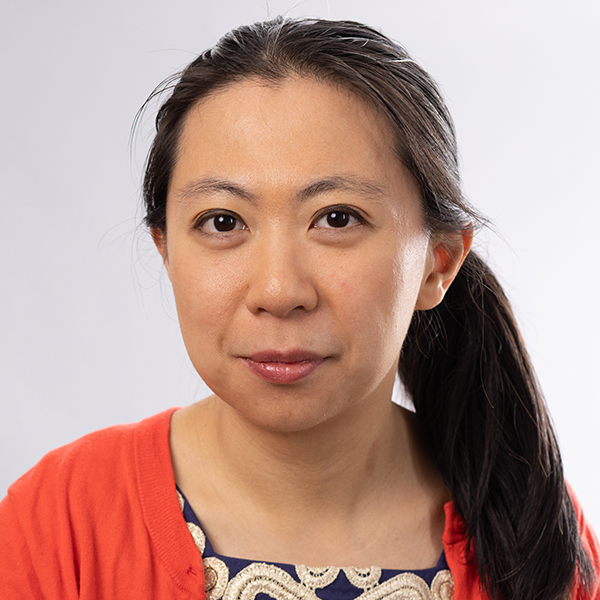full-time faculty teaching and conducting research in political science
of Maxwell faculty conduct research focused outside of the U.S.
graduate students in residence; fewer than 12 admitted each year
Undergraduate Studies
Graduate Studies

I am Maxwell.
Civic engagement is a core value for me. I have always aspired to help the communities I’m from.” Mazaher Kaila, a Maxwell alumna and third-year student at Syracuse University's College of Law, moved with her family from Sudan to Central New York when she was four years old. “I realized that to make meaningful change in society, I needed to understand the systems that power it—government and politics—and that’s insight I would gain by studying political science.”
Mazaher Kaila ’19, L’22
political science, law
New study by Cleary examines regime dynamics in fragile democracies
Dec 17, 2020
When Does Backsliding Lead to Breakdown? Uncertainty and Opposition Strategies in Democracies at Risk
Matthew R. Cleary & Aykut Öztürk
Perspectives on Politics, December 2020
"When Does Backsliding Lead to Breakdown? Uncertainty and Opposition Strategies in Democracies at Risk," co-authored by Associate Professor of Political Science Matthew Cleary, was published in Perspectives on Politics. The authors develop an agency-based perspective to enhance the understanding of aggrandizement and to explain when it results in democratic breakdown. Relying on comparative case studies of five countries—Bolivia, Ecuador, Thailand, Turkey, and Venezuela—their analysis suggests that the contingent decisions of opposition actors during the process of aggrandizement have a significant effect on regime outcomes. 12/17/20
BaoBao Zhang Joins First Cohort of AI2050 Early Career Fellows
One of only 15 scholars chosen from across the U.S., Zhang will receive up to $200,000 in research funding over the next two years. Zhang will use the funding to partner with the nonprofit, non-partisan Center for New Democratic Processes to test whether public participation in AI governance is increased through the creation of public assemblies, known as “deliberative democracy workshops.”
Baobao Zhang
Assistant Professor, Political Science Department

New study by Cleary examines regime dynamics in fragile democracies
Dec 17, 2020
When Does Backsliding Lead to Breakdown? Uncertainty and Opposition Strategies in Democracies at Risk
Matthew R. Cleary & Aykut Öztürk
Perspectives on Politics, December 2020
"When Does Backsliding Lead to Breakdown? Uncertainty and Opposition Strategies in Democracies at Risk," co-authored by Associate Professor of Political Science Matthew Cleary, was published in Perspectives on Politics. The authors develop an agency-based perspective to enhance the understanding of aggrandizement and to explain when it results in democratic breakdown. Relying on comparative case studies of five countries—Bolivia, Ecuador, Thailand, Turkey, and Venezuela—their analysis suggests that the contingent decisions of opposition actors during the process of aggrandizement have a significant effect on regime outcomes. 12/17/20
